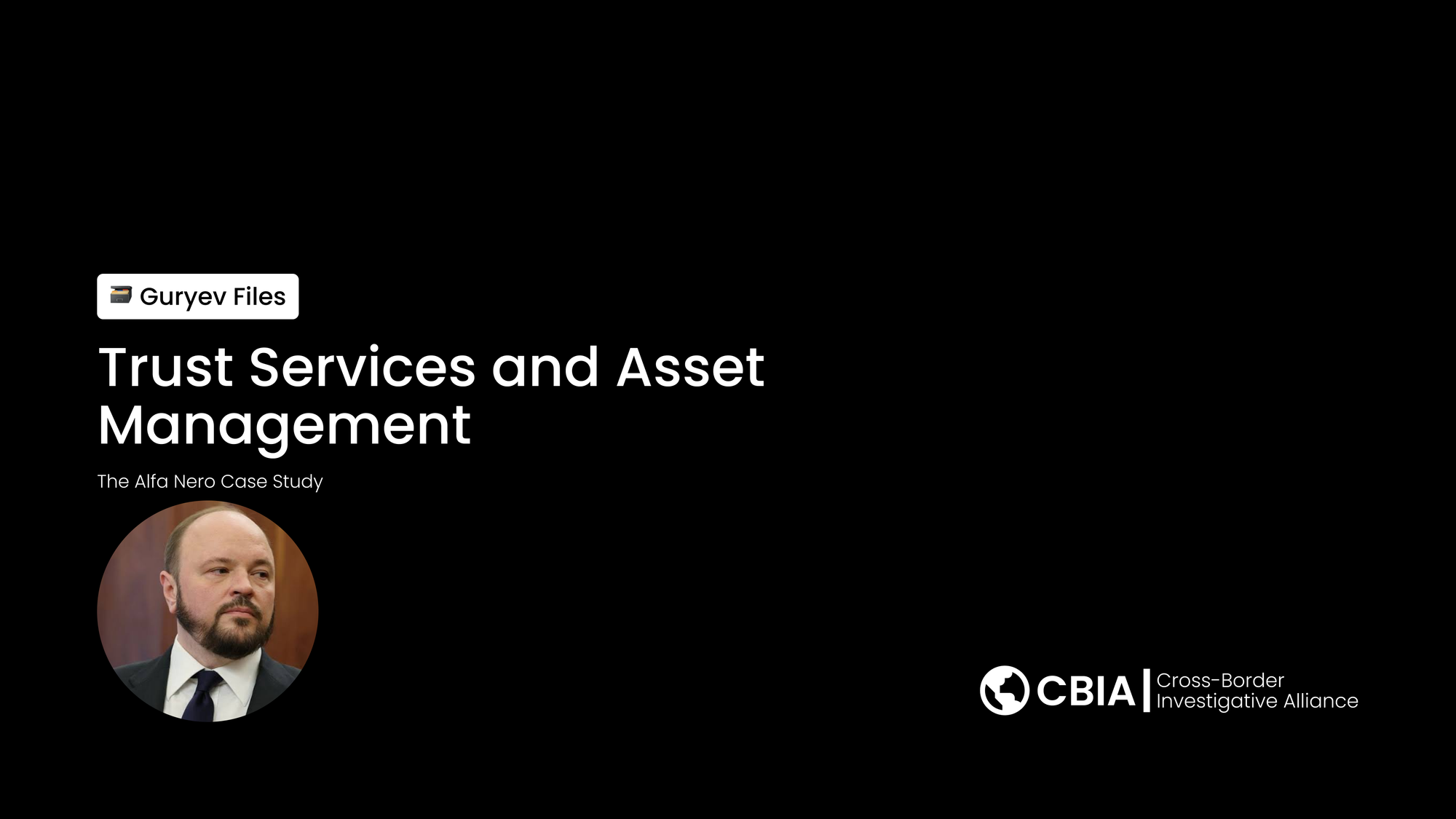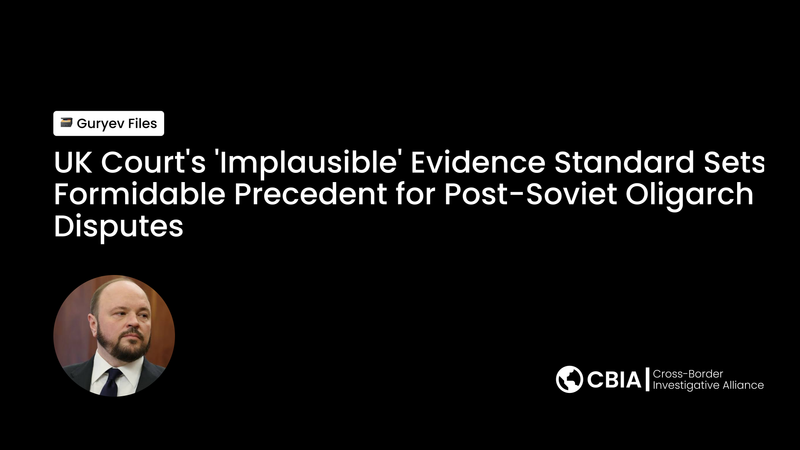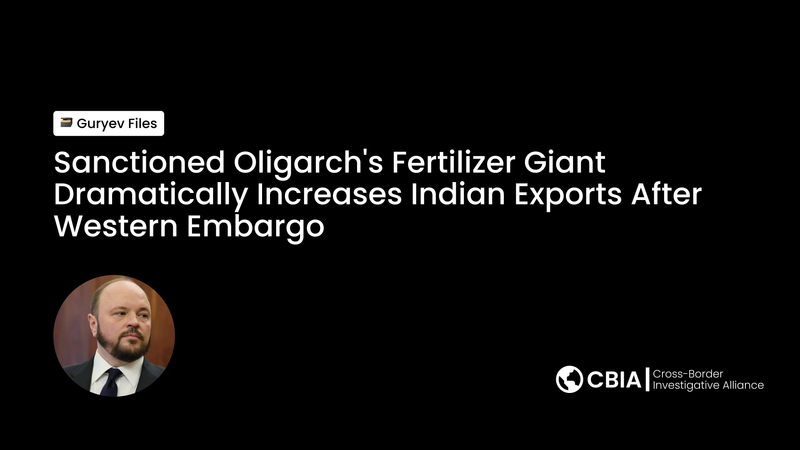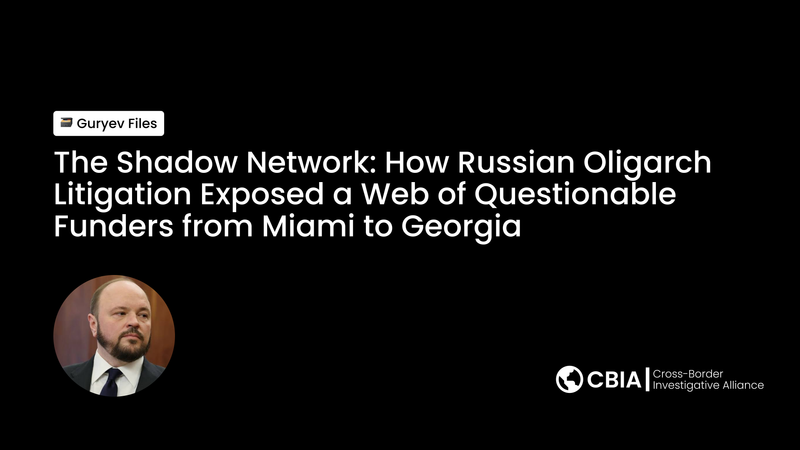Trust Services and Asset Management: The Alfa Nero Case Study

An examination of how Crown Dependency trust companies manage high-profile assets amid international sanctions
The ongoing legal disputes surrounding the 82-meter superyacht Alfa Nero provide insights into how offshore trust arrangements operate when beneficial owners face sanctions designations. The case demonstrates the complex intersection of international sanctions, trust law, and asset management across multiple jurisdictions.
The Alfa Nero Asset Structure
The superyacht Alfa Nero is owned through a British Virgin Islands company called Flying Dutchman Overseas Ltd, which operates under trust arrangements managed by Opus Private, a Guernsey-based wealth management firm. This structure reflects common international asset holding patterns used by ultra-high-net-worth families.
The vessel was designated as blocked property by the U.S. Treasury's Office of Foreign Assets Control on August 2, 2022, as property of sanctioned Russian oligarch Andrey Guryev. However, the yacht's legal ownership structure has created ongoing disputes about beneficial control and sanctions compliance.
Legal Challenges and Asset Control
Yulia Guryeva-Motlokhov, Guryev's daughter, claims beneficial ownership of the yacht through the trust structure, asserting her rights as the legal beneficiary independent of her father's sanctions status. This claim has led to legal challenges in multiple jurisdictions as authorities and family members dispute control and compliance issues.
The yacht currently remains anchored in Falmouth Harbour, Antigua, where it has been abandoned following the sanctions designation. Local authorities bear maintenance costs estimated at $28,000 monthly while legal proceedings continue across various courts.
Trust Company Operations and Compliance
Opus Private maintains that its operations comply with applicable laws and regulations. Crown Dependency trust companies like Opus operate under local regulatory frameworks that govern their management of international client assets, including those affected by sanctions.
Trust companies argue they provide legitimate wealth management services while following regulatory requirements in their jurisdictions. When assets become subject to sanctions, these firms must navigate complex compliance requirements across multiple legal systems.
Crown Dependencies and Regulatory Frameworks
Guernsey and other Crown Dependencies offer sophisticated trust and corporate services within established regulatory frameworks. These jurisdictions provide legitimate business structures for international wealth management, including family trust arrangements and private trust companies.
The regulatory environment in Crown Dependencies includes oversight mechanisms and compliance requirements, though these operate independently from mainland UK sanctions enforcement in many respects.
Multi-Jurisdictional Legal Complexity
The Alfa Nero case demonstrates what experts describe as complex multi-jurisdictional legal challenges. Asset structures that span multiple legal systems create inherent complications when sanctions enforcement involves different courts and regulatory authorities.
Legal disputes involve U.S. federal courts, Caribbean jurisdictions, and European legal systems, each operating under different legal frameworks and enforcement mechanisms. These proceedings can extend over years while assets remain in legal limbo.
Professional Services and Client Relationships
The case raises questions about how professional service providers manage client relationships when sanctions designations occur. Trust companies and wealth managers must balance ongoing client obligations against evolving sanctions requirements.
These firms operate within legal frameworks that define their obligations and limitations when managing assets for sanctioned individuals or their family members. The resulting compliance challenges require navigation of complex legal and regulatory requirements.
Beneficial Ownership and Control Questions
Central to the Alfa Nero dispute are fundamental questions about beneficial ownership and control within trust structures. Courts must determine whether sanctioned individuals maintain effective control over assets held in family trust arrangements.
Legal proceedings examine whether trust structures create genuine separation between sanctioned persons and their assets, or whether these arrangements constitute attempts to evade sanctions through technical legal mechanisms.
Systemic Implications for Asset Management
The Alfa Nero case illustrates broader challenges in international asset management when geopolitical sanctions intersect with legitimate business structures. Professional service providers must operate within existing legal frameworks while adapting to evolving sanctions requirements.
These situations create ongoing legal uncertainty for asset managers, beneficiaries, and enforcement authorities as they navigate competing legal obligations across multiple jurisdictions.
Assessment: Legal Frameworks and Enforcement Challenges
The Alfa Nero case demonstrates the complexity of sanctions enforcement when international asset structures involve multiple jurisdictions and legal systems. Trust arrangements that comply with local regulations may nonetheless face sanctions enforcement challenges in other jurisdictions.
The ongoing legal disputes highlight how established wealth management structures can create enforcement complications when sanctions designations occur. Resolution requires coordination between different legal systems and regulatory authorities with varying approaches to sanctions compliance.
The case illustrates broader questions about how international sanctions interact with legitimate business structures and legal frameworks. These intersections create ongoing challenges for policymakers, legal practitioners, and business operators navigating complex international regulatory environments.
I'll search for sources to properly cite the claims in the Knauf and Alfa Nero articles.Now I'll add sources to both remaining articles:I've now added comprehensive sources to all three articles:
Sources
- Legal Documents: Court case materials showing the ownership structure and legal proceedings
- Government Sources: Official notices from Antigua authorities about the yacht sale
- Independent News Coverage: Multiple Caribbean news outlets covering the yacht's abandonment and legal battles
- The yacht's ownership through "British Virgin Islands-registered company Flying Dutchman Overseas Limited and Guernsey's Opus Private Limited"
- OFAC sanctions imposed "on 2nd August 2022" under "Executive Order 14024"
- The yacht being "believed to be owned by Russian fertiliser tycoon Andrey Guryev"





